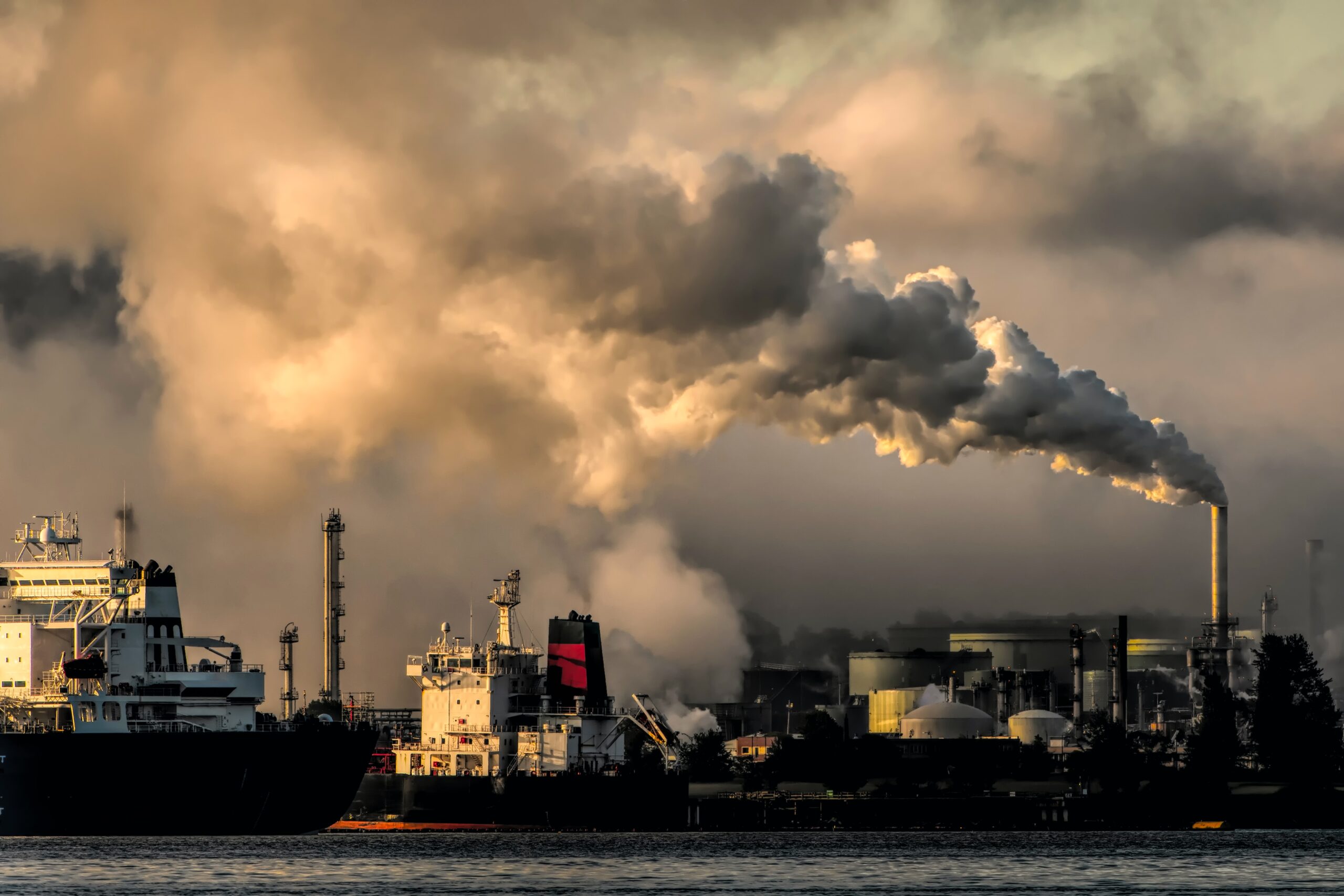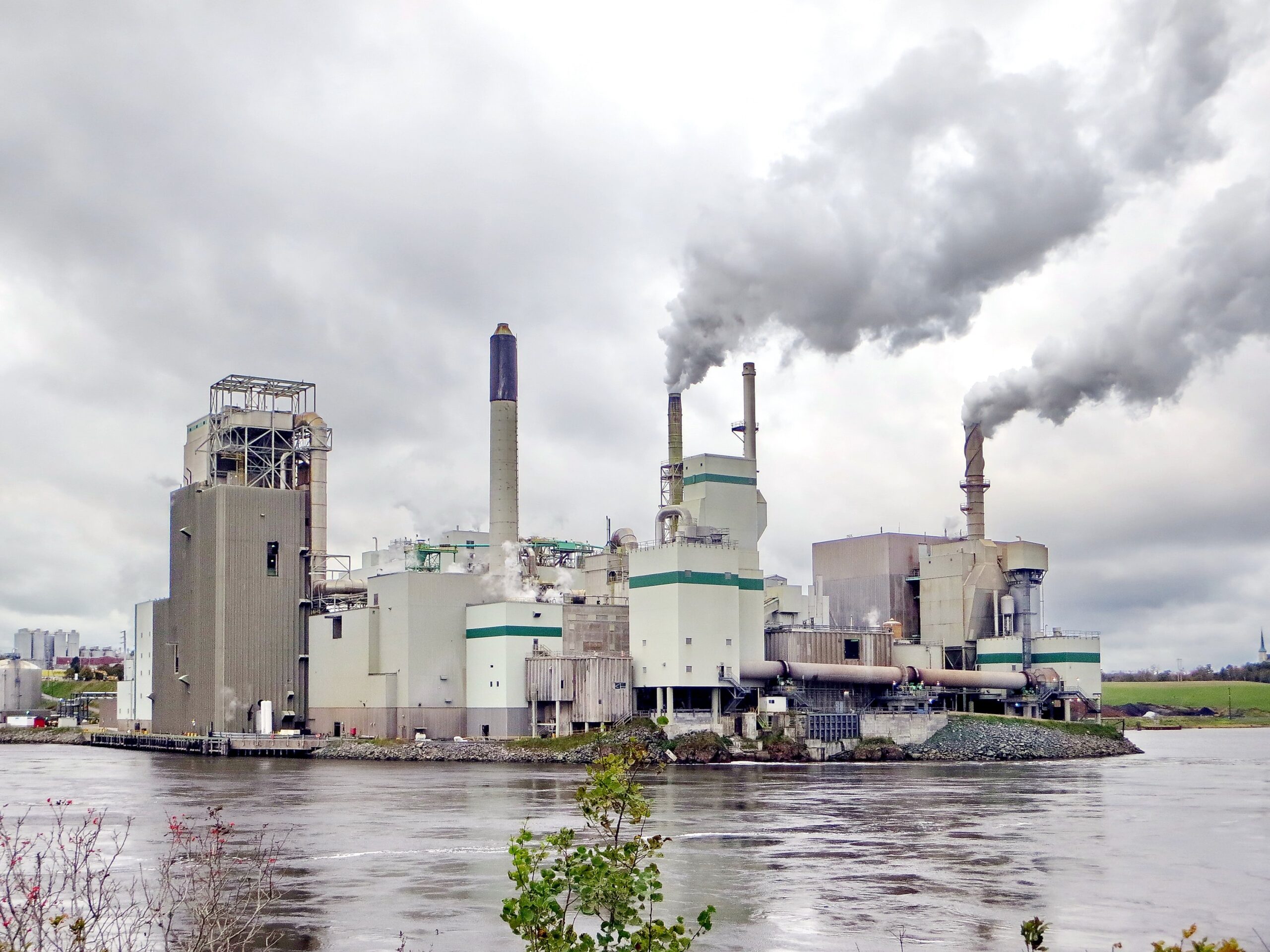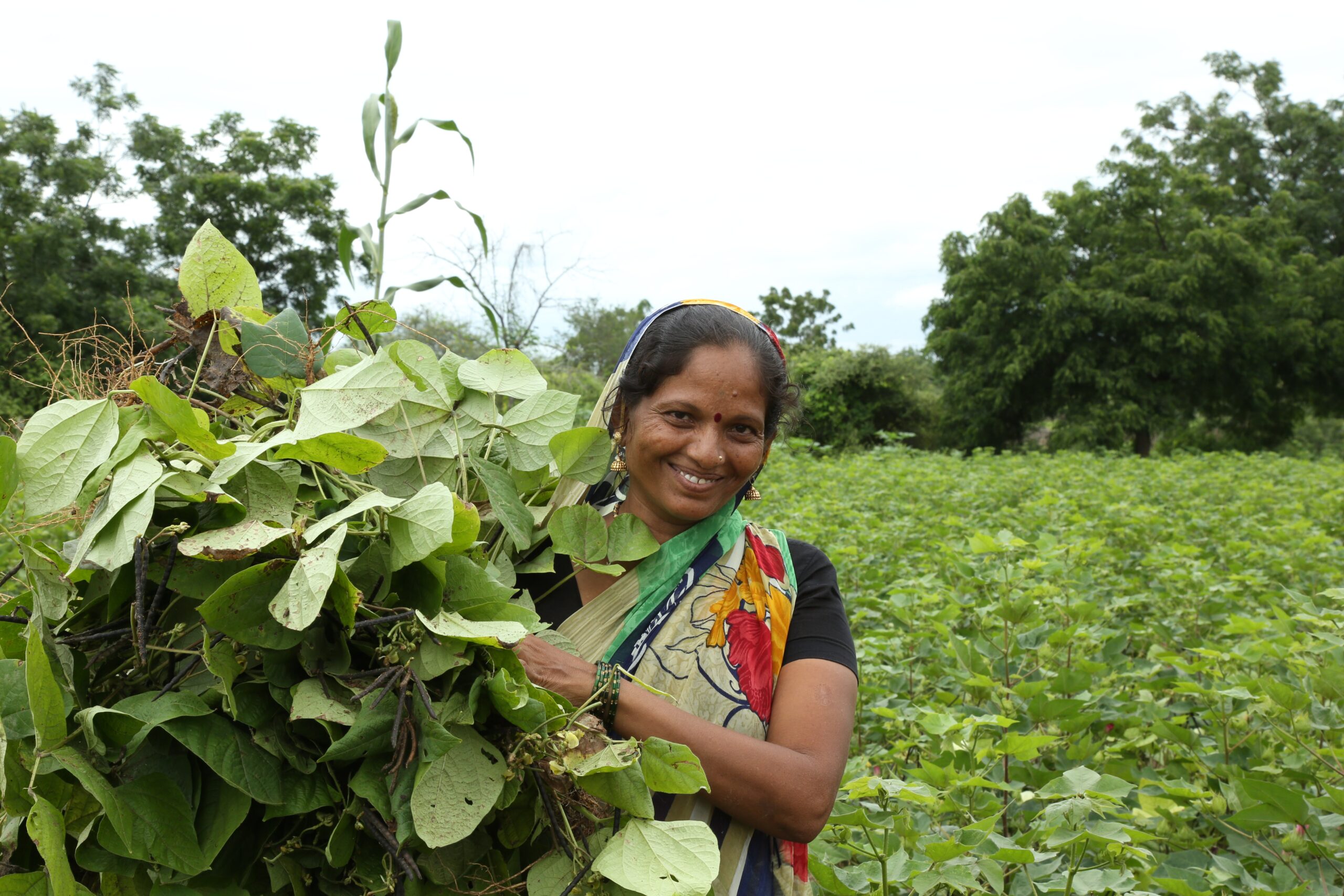Despite significant progress in increasing agricultural production, meeting the changing dietary preferences and increasing food demands of future populations remain significant challenges. This is especially the case in developing countries. Climate change and variability, unstable markets, and shrinking arable land resources that result from urbanization and industrialization represent additional challenges. In many countries – especially those with dense populations and/or diverse ecosystems in need of conservation – expanding agriculture to new lands to increase production is not an option. Conversely, where farmers’ practices result in land degradation and deterioration of soils and natural resources upon which future productivity depends, urgent research and policy attention is needed to arrest and reverse declines in land degradation and adverse soil quality in consideration of mounting global demands for agricultural goods. This chapter provides a synopsis of agricultural land degradation issues while providing potential solutions to reverse soil quality decline through an understanding of integrated land management practices. In addition to methodologically describing the impacts of land degradation on agricultural productivity, the chapter provides up-to-date information for the specialists in the fields of agricultural development, soil science, topography, economics, and ecological management. Options for appropriate policy frameworks to mitigate the degradation of agricultural land at the international, regional and national levels are discussed and proposed.





































































































































































































































































































































































































































































































































































































































































































































































































































































































































































































































